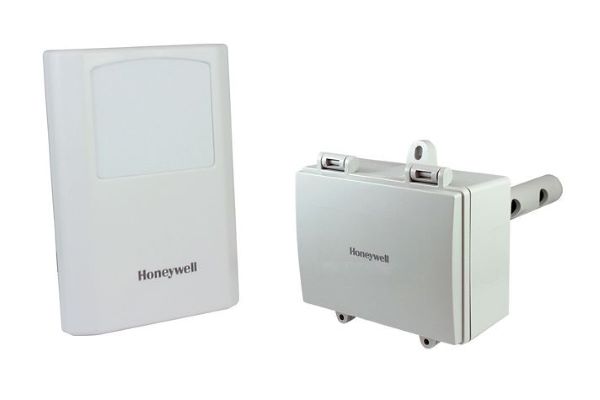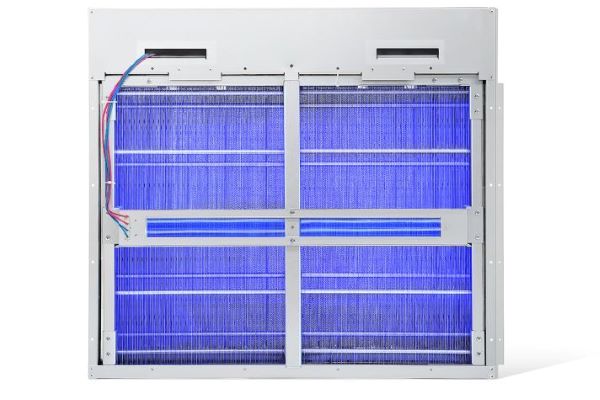Honeywell and Syracuse University Partner to Develop Air Quality Technology
Honeywell and Syracuse University have teamed up to evaluate and improve indoor air quality technology and optimize energy usage.
The partnership between Honeywell and Syracuse University resulted in a new indoor air quality (IAQ) laboratory and research opportunities for both students and faculty.
Video used courtesy of Honeywell
On March 1, 2021, Honeywell Building Technologies (HBT) and Syracuse University announced their partnership to advance research into technologies that support the improvement of IAQ to improve the health and safety of building occupants.
While few would argue that outdoor air quality can impact health, many are not aware of the serious effects of poor IAQ. According to a report from the United States EPA (Environmental Protection Agency), Americans spend about 90% of their time indoors on average. Indoor concentrations of certain pollutants can be 2–5x higher than outdoor concentrations.
Partnership Goal
Honeywell is actively working with Syracuse University in the new Honeywell Indoor Air Quality Laboratory at the College of Engineering and Computer Science to evaluate the performance and functionality of emerging technologies relating to IAQ.

IAQ sensors from Honeywell. Image used courtesy of Honeywell
Their overarching goal is two-fold: to improve building occupants’ well-being and productivity and inform building owners and managers on what IAQ solutions work best for different situations and environments. As an added benefit to building owners, effective IAQ systems can also improve real estate values, more attractive options for potential occupants, and enhanced energy efficiency.
The Honeywell Indoor Air Quality Laboratory
The Honeywell Indoor Air Quality Laboratory at Syracuse University will conduct side-by-side comparisons of next-generation IAQ improvement technology as well as advanced building systems. These evaluations will take place in a controlled building environment.
The comparisons will be based on key IAQ characteristics under similar, if not the same, operating conditions. This partnership aspect provides research opportunities for both faculty and students in the Syracuse University College of Engineering and Computer Science.
Artificial Intelligence for IAQ and HVAC
An interesting aspect of this research involves AI (Artificially Intelligent) HVAC controls to optimize various parameters related to IAQ, occupant comfort, and energy efficiency. This partnership hopes to develop algorithms for machine learning and AI to develop new, more effective ventilation strategies in compliance with ASHRAE 62.1 IAQ standards.

An electronic, UV-C air cleaner by Honeywell. Image used courtesy of Honeywell
Honeywell already has AI-driven, machine learning technology for building management in general and HVAC systems in particular. Honeywell Forge Energy Optimization, a smart building and building automation AI system, utilizes closed-loop machining learning technology to learn what settings work best based on the energy consumption patterns.
The partnership between Honeywell and Syracuse University can help building owners find the right technology for improving IAQ and energy efficiency. It aims to enhance air ventilation algorithms for smart buildings while remaining in compliance with applicable ASHRAE standards.
Featured image used courtesy of Tumisu

 Facebook
Facebook Google
Google GitHub
GitHub Linkedin
Linkedin








